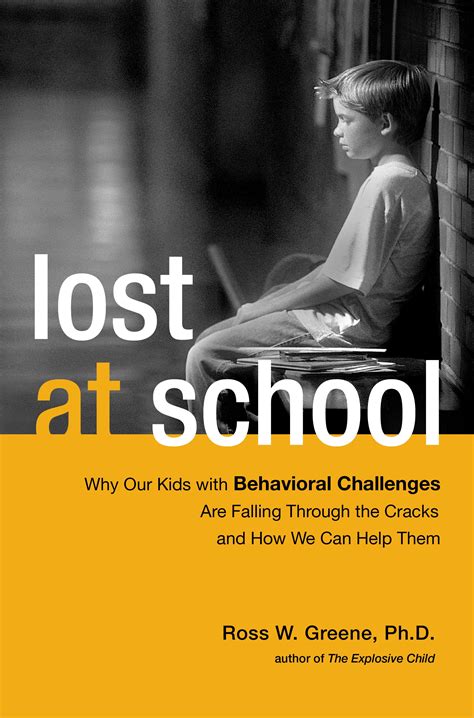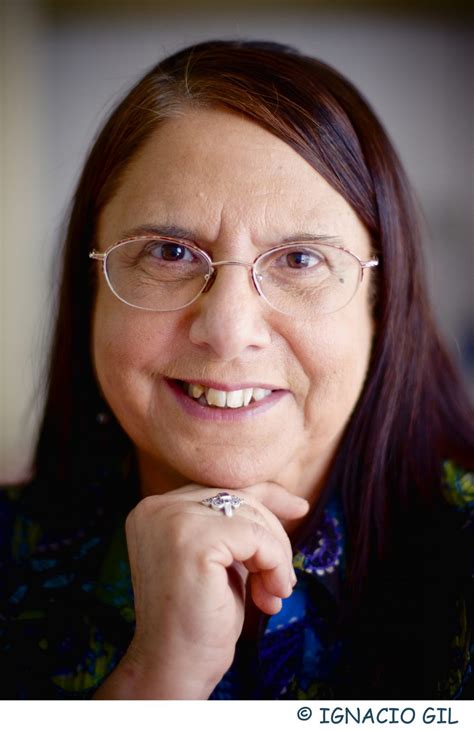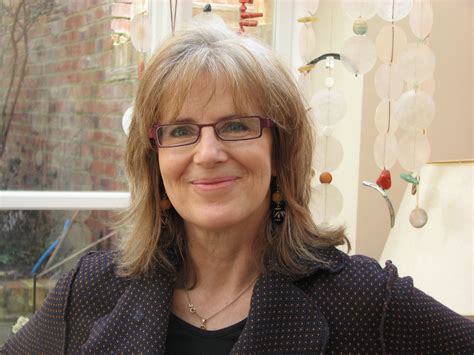A Quote by Ross W. Greene
You want to teach all kids the skills that are on the better side of human nature: empathy, appreciating how one's behavior is affecting other people, resolving disagreements in ways that do not involve conflict, taking another's perspective, honesty.
Related Quotes
For a very long time, people have been saying to me, "What if you want to do this approach with every kid?" For a behaviorally challenging kid, you're parenting this way just to help bring the kid's behavior under control and to greatly reduce conflict. But you want to teach all kids the skills that are on the better side of human nature: empathy, appreciating how one's behavior is affecting other people, resolving disagreements in ways that do not involve conflict, taking another's perspective, honesty.
Empathy is like a universal solvent. Any problem immersed in empathy becomes soluble. It is effective as a way of anticipating and resolving interpersonal problems, whether this is a marital conflict, an international conflict, a problem at work, difficulties in a friendship, political deadlocks, a family dispute, or a problem with a neighbor.
We found out that the young people who had a substantial number of lessons in the Resolving Conflict Creatively Curriculum ... not only did better in terms of people skills, that they managed their emotions, they were less violent and more caring, but they actually did better on their academic achievement tests.
Emotional intelligence in the work that we do, in the Resolving Conflict Creatively Program, is about equipping young people with the kinds of skills they need to both identify and manage their emotions, to communicate those emotions effectively, and to resolve conflict nonviolently. So it's a whole set of skills and competencies that, for us, fall under the umbrella of emotional intelligence.
When parents are educated about how not to involve children in their conflicts and co-parent amicably, a lot of the ill effects of divorce can be alleviated. Divorce is always painful. But kids in a high-conflict marriage or low-conflict but contemptuous ones are often better off in the long run when the parent can disengage.
Antidepressant medications, you still have some depressive thoughts. Antipsychotic medications, you still have some psychotic symptoms for the vast majority of the people taking them. But it gives them a little separation, and it doesn't control his behavior as much when you have a sad feeling, difficult thought, an odd perceptual experience. We can teach people those exact skills in therapy, you get longer-term benefits and without the side effects. So don't be sold just because a commercial interest wants to sell you things.
































